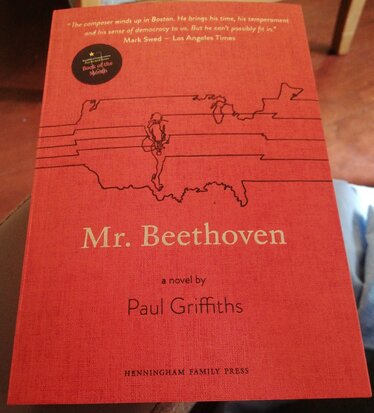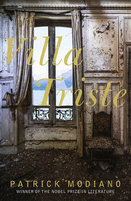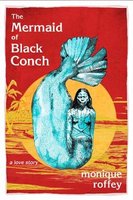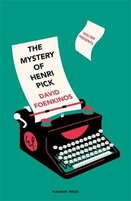
In 1823, Beethoven was commissioned to compose a biblical oratorio in the United States of America. He didn’t live to take up the commission… but what if he had? That’s the question posed by music critic Paul Griffiths in his latest novel.
I like it when historical fiction acknowledges the constructed nature of history. Mr. Beethoven goes much further than that. We begin with Beethoven on a ship headed for Boston – yet Griffiths emphasises that this is not how things were, but a plausible alternative:
It would be possible to work out which vessel this might have been, in whose dining salon these people were delving into their cabbage soup with greater or lesser pleasure. Suppose the year was 1833, as could well have been the case…
In this way, Griffiths is able to take his novel apart and rebuild it as he goes. The sense that this all provisional, contingent, raises the hairs on the back of one’s neck. There’s a brilliant chapter which rehearses a conversation between Beethoven and his librettist, Reverend Ballou, three times. In the first two versions, the composer says the same things but Ballou’s dialogue changes, giving the scene a completely different tone. In the third version, Beethoven doesn’t understand Ballou at all. Which is the ‘correct’ conversation? Take your pick.
Communication is one of the first problems that Beethoven encounters. Griffiths imagines a girl named Thankful, who uses Martha’s Vineyard sign language to interpret for him. But there’s still inevitably a distance between the composer and the world around him. All of Beethoven’s dialogue in the novel has been taken directly from his letters. Of course, it’s then out of context, which has the effect of making Beethoven seem to be at a slight remove from reality. It’s subtle but unnerving.
The subject of Beethoven’s oratorio is Job. As Thankful listens to the performance, she reflects on its meaning: “It is about this universe in which God is omnipotent. And it is about a larger universe in which God is powerless, helpless.” I’m struck that Mr. Beethoven puts its author in a similar position: totally in control over what’s between the covers in one sense, but at the mercy of history in another. If the author is like God, then – as Robert says in his review at The Bobsphere – Beethoven in this novel is like Job, undergoing his own trial of faith (in himself as much as anything).
Mr. Beethoven is a novel that twists language and history to explore what might have been, but also to expose the inherent fragility of any fictional account. I must mention as well that this is a beautifully made volume from Henningham Family Press. I’m pleased to see it highlighted by the Goldsmiths Prize.
Click here to read my other reviews of the 2020 Goldsmiths Prize shortlist.



Recent Comments